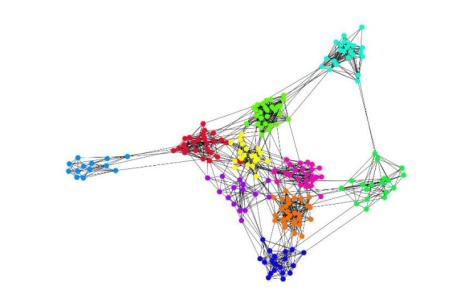INtelligent automated Functional And Security Testing (INFAST)
Programme
TDE
Programme Reference
T709-704GD
Prime Contractor
GMV SOLUCIONES GLOBALES INTERNET SA
Subcontractors
Etamax Space GmbH
Germany
GMV INNOVATING SOLUTIONS SP. Z O.O.
Poland
Start Date
End Date
Status
Closed
Country
Spain

Objectives
Prototype an artificial intelligence based automated functional and security testing capability to rationalise test conditions and execution priority, improving test coverage and regression detection.
Description
Increasing system complexity introduces challenges for aggregation, integration and configuration of a system of systems. This leads to test cases proliferation to ensure test coverage and effort increase to support tests definition, execution and results analysis. Under time and cost pressure, incomplete test coverage endangers mission functional and security aspects. Artificial Intelligence can enhance existing ground segment test automation frameworks e.g. Ground Segment Reference Facility End-to-end Validation framework, security penetration testing in-a-box (TRP reference T709-501GE).
The aim is to prototype a prioritisation and analysis tool based on decision-making algorithms and computational intelligence techniques (e.g. trained Machine Learning, Fuzzy expert systems, Genetic Algorithm, Bee/Ant Colony Optimization). Test prioritisation and execution logic shall be fed by environment inputs like network scans and applications fingerprinting. Further objectives are automated assessment of requirements relevancy to a test case and confidence indication provision for status verification based on test results, in particular where test pass criteria are not fully deterministic. ;
Tests identification and prioritisation aims to:
- identify functionalities / scenarios where regressions or failures are commonly detected across mission configurations,
- increase efficiency
- lower cost at completion through reduced maintenance and testing costs,
- improve and rationalise test execution logic,
- automate the requirements relevancy assessment, in particular security,
- reduce required supporting effort for the benefit of system of systems resilience.
This activity encompasses the following tasks:
- Use case assessment (functional and security testing) and comparison to applied cases in the field of AI-driven testing
- AI technology and algorithms selection and high-level architecture design for a test prioritisation and results analysis tool
- Develop proof of concept for both system functional testing and security penetration testing
- Integrate testing frameworks with the developed prototype and demonstrate AI-driven testing
- Capture Lessons learned and areas for future work in the field of AI-driven testing.
;
Software shall be delivered under an ESA Software Community Licence, so that any individuals or entities within ESA Member States can access to it and can provide update to the community of users.
Application Domain
Generic Technologies
Technology Domain
OTHERS
Competence Domain
9-Digital Engineering
Initial TRL
TRL 1
Target TRL
TRL 3
Achieved TRL
TRL 3
Public Document
Final Presentation
